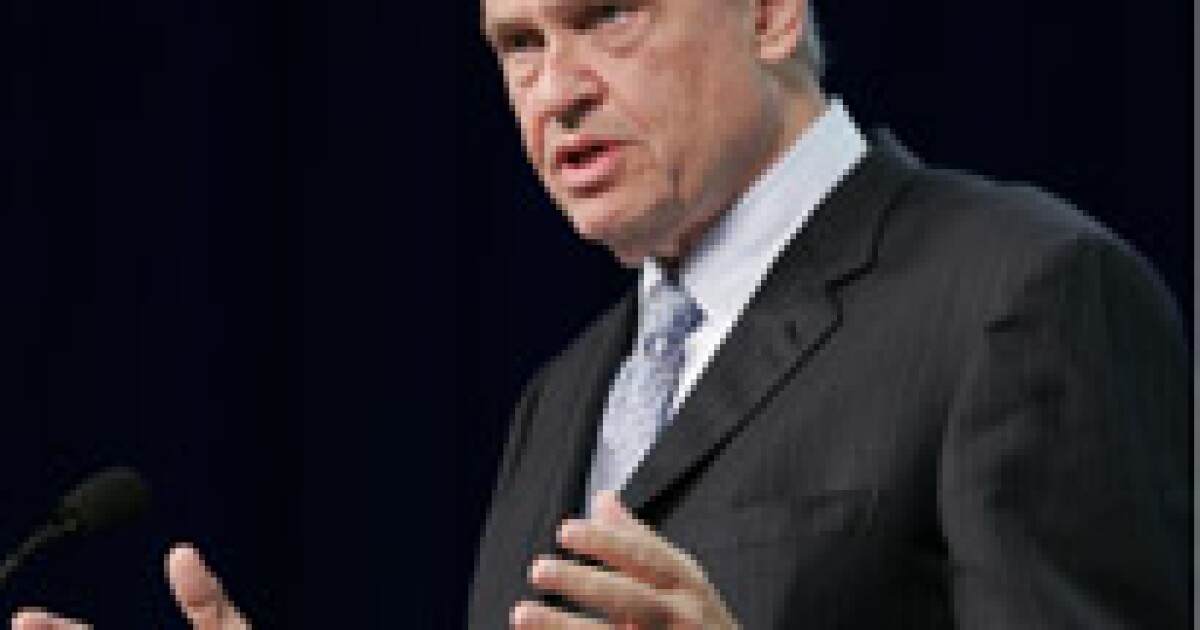
As major players in the mortgage market
Following developments in regulation, companies are more limited in how they can advertise to Americans. One of the main methods in past decades was to gain trust through a famous actor of the time via TV commercials.
These methods are starting to see a shift, said Wayne Stanley, president and CEO of marketing firm Bowe Digital, which specializes in the land title insurance industry.
Because of greater scrutiny from regulators like the Consumer Financial Protection Bureau, marketing these loans on television has become less common.
Back in 2016, the
A study done by the Bureau in 2015 analyzed reactions to reverse mortgage advertisements and concluded that the ads of the time tended to confuse consumers, causing concern.
"The CFPB is concerned that advertisements may lead some older homeowners to believe that reverse mortgages are a risk-free government program or benefit. While the federal insurance for reverse mortgages provides some important protections for borrowers, they are secured loans and homeowners can lose their home if they fail to meet the loan terms," the CFPB concluded.
While differing federal and state laws govern how reverse mortgages can be advertised, it is always illegal for any party to make deceptive claims. The most influential federal laws on the matter are the MAPs rule, which made deceptive claims illegal, the Truth in Lending Act and the Consumer Financial Protection Act of 2010.
Many companies have shifted to a direct education approach in their marketing, explaining the benefits and risks through paper mail and through email to more technology-savvy homeowners, Stanley said.
He said it's likely a mix between the conditions of the current market and the direct approach that helps to motivate homeowners to pursue the product. Because of the state of the economy, it's a lot easier for some consumers to understand the benefits of a reverse mortgage, Stanley said.
"There are many more that might be ready to make that leap for that type of product, so they don't have to use celebrity types to get that. The money speaks for itself," Stanley said.
Following the 2008 financial crisis when many saw large chunks of their future disappear, the Boomer and Gen X generations are more skeptical and tend to do more homework on loans they're considering, he said. Because of that shift, direct education is more valuable to them than a celebrity face.
"The regulatory eye on some of this has forced them to be more upfront about the benefit," Stanley told National Mortgage News. "I think that it's opened it up to people that previously may have not given it a second look. Now that they're even giving a couple of bullet points of more information or education has been way more helpful than before… It feels a little more secure than I think it did in the past."
Here's a look at some of the famous faces from television that have promoted reverse mortgages:



